Although most Northern California students are back in the classroom after more than a year and a half of virtual learning, the impact of the pandemic continues to be felt. After receiving student and educator feedback, the team at Kaiser Permanente Northern California Educational Theatre implemented new additions to its existing programming to help students cope with stress, recognize and manage their emotions, and feel more at peace.
“The adjustment to in-person learning and the continued challenges children may be facing at home have had an effect on their mental wellness,” said Eric Esquivel-Gutierrez, assistant production manager for Educational Theatre’s high school mental wellness program, Ghosted. “The need for wellness activities has increased for all of us, students and educators alike.”
For middle and high schools that may not have the time or staff bandwidth to enroll in one of Educational Theatre’s more robust, multiple-day programs, Esquivel-Gutierrez and other staff members created a 60-minute, standalone virtual workshop centered around mindfulness.
“We want to equip them with different strategies for coping with challenges and how to intentionally incorporate wellness into their lives.” – Eric Esquivel-Gutierrez
Educational Theatre performers facilitate the livestreamed workshop that is typically projected in front of a classroom, in which students can engage in real-time chat with the performers. Students are taught how to be present and guided in breathing techniques and other meditative practices.
“We want to equip them with different strategies for coping with challenges and how to intentionally incorporate wellness into their lives,” Esquivel-Gutierrez said.
Various studies have shown that mindfulness not only helps students cope with stress and anxiety but also increases their academic engagement and deters behavioral problems.
Feeling ‘recharged’
Sunrise Middle School in San Jose began incorporating the mindfulness workshop in September. Since then, nearly 290 students have participated. Teresa Robinson, the school’s director, said she has seen a positive change in many of her students.
“Several students told me directly that the mindfulness exercises energized them, with one saying, ‘I feel like I’ve recharged myself,”’ Robinson said.
The workshop had such an impact that it inspired Robinson to extend the teachings of mindfulness to daily meditation options for students.
“We have a nice, quiet room for this with an oil diffuser, soft lighting, yoga mats, and cloth window coverings,” she said.
Recognizing emotions
Another wellness component called The Best Me was newly added to the virtual programming for kindergarten through third-grade audiences. The longstanding program focuses on 4 key messages — eat more fruits and veggies, get more physical activity, stay hydrated, and lessen screen time.
As the pandemic has evoked a variety of emotions for children, an emotional recognition and management portion, known as the hand brain model, was incorporated.
Using hand signals, an Educational Theatre performer explains how the brain regulates emotions and teaches methods to help control them. Through webisodes performers role-play realistic scenarios, such as having an ill grandmother or doing online learning. There are also review sections at the end of the webisodes called “reflections” that include healthy and safety reminders like wearing a protective COVID-19 face mask.
“Being aware of their emotions and giving them tactics to stay calm is how resilience is built,” said Keinya Lawrence, program coordinator for Educational Theatre, of the students. “These are skills they can take into adulthood, contributing to their overall health, which is our mission.”
Students are given Kaiser Permanente and other mental health resources during each program. All Educational Theatre programming is free and now offered virtually.
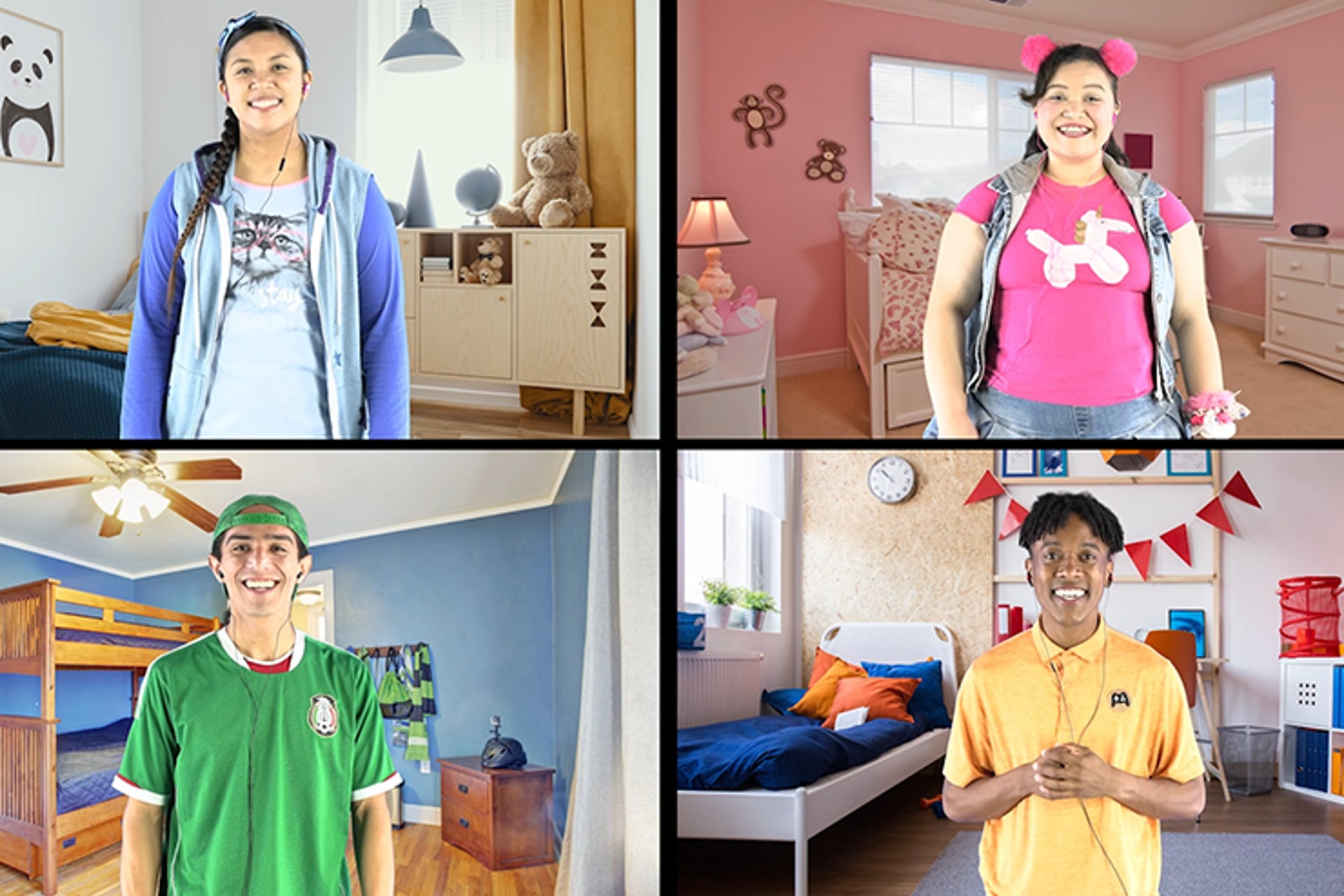
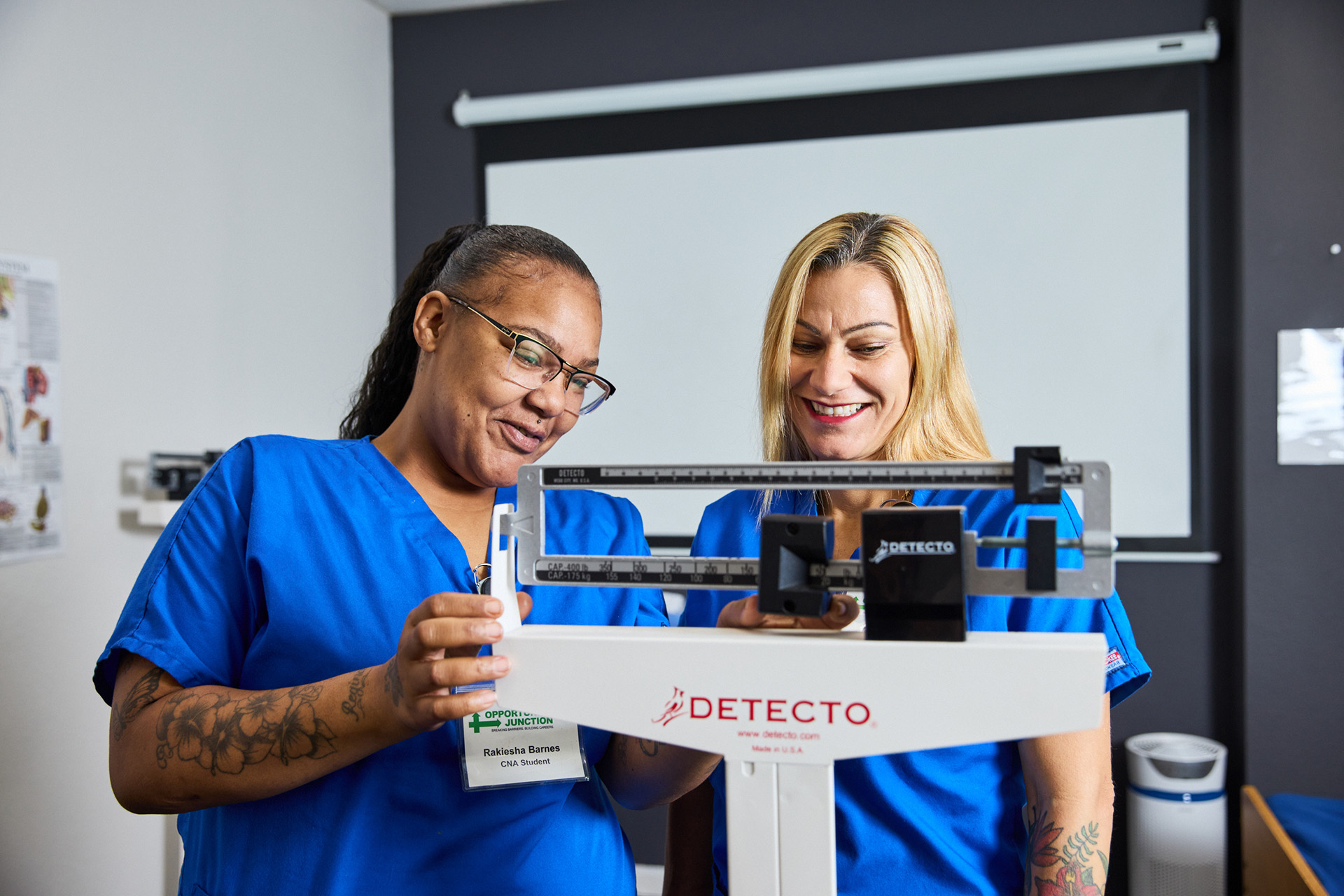
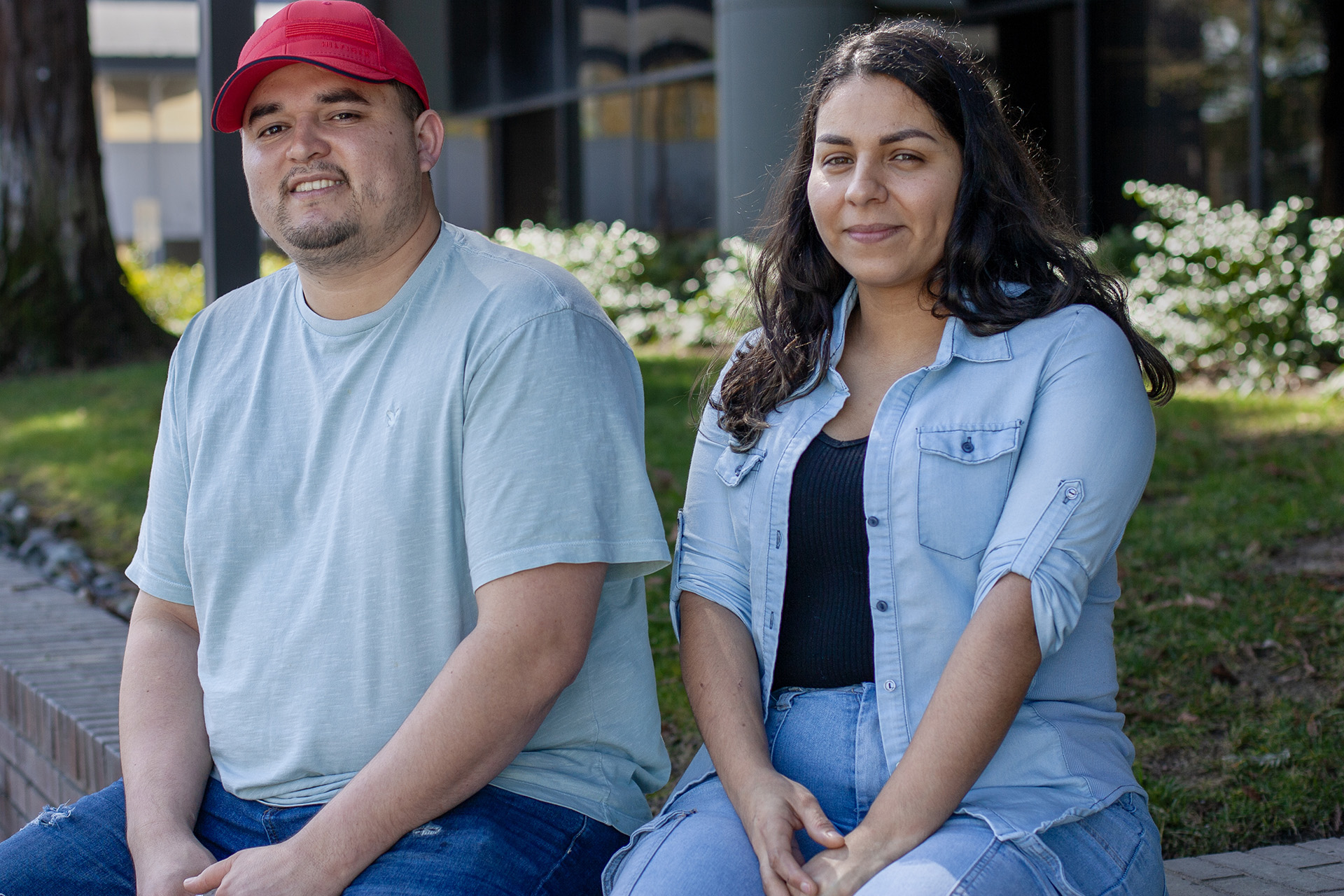
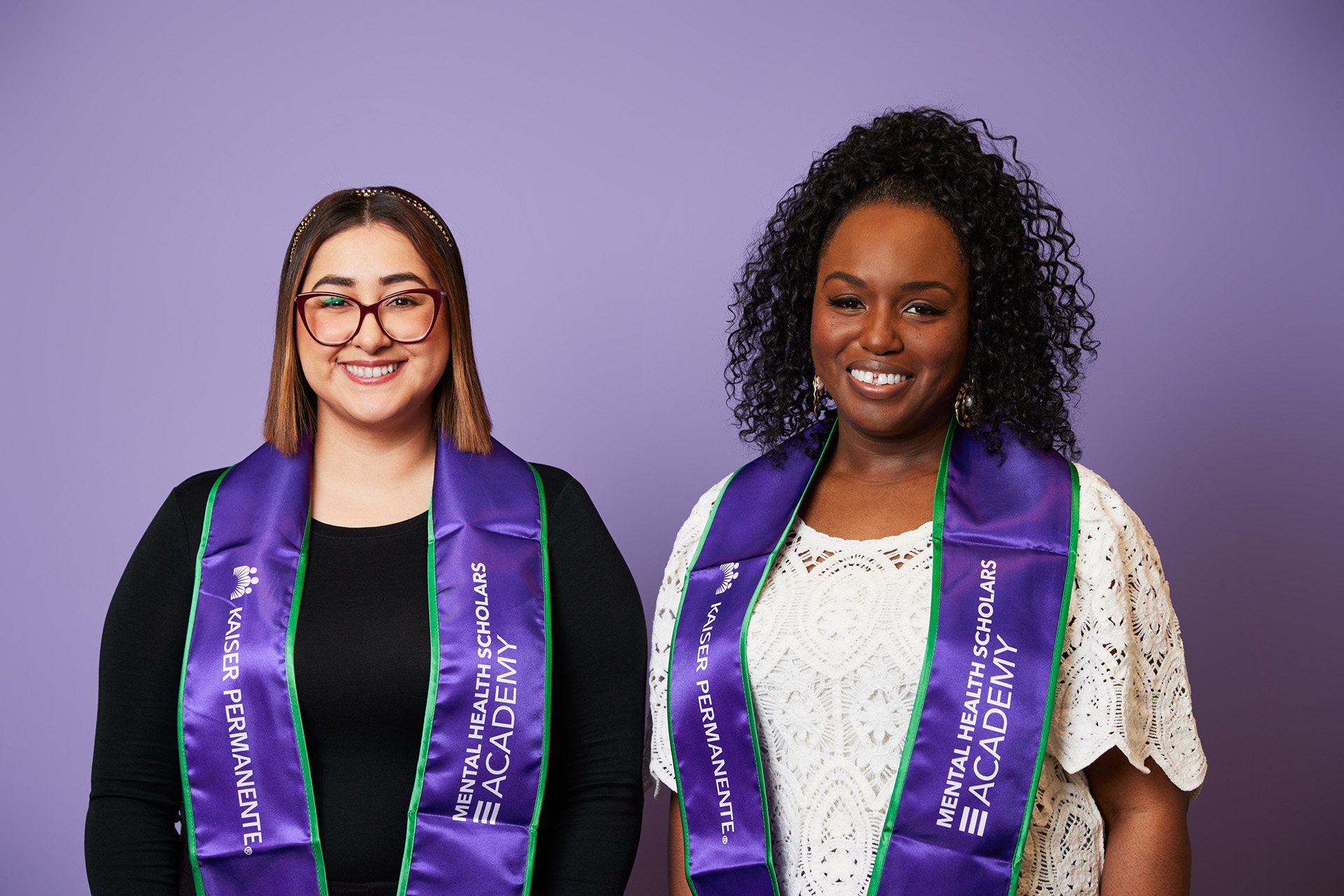
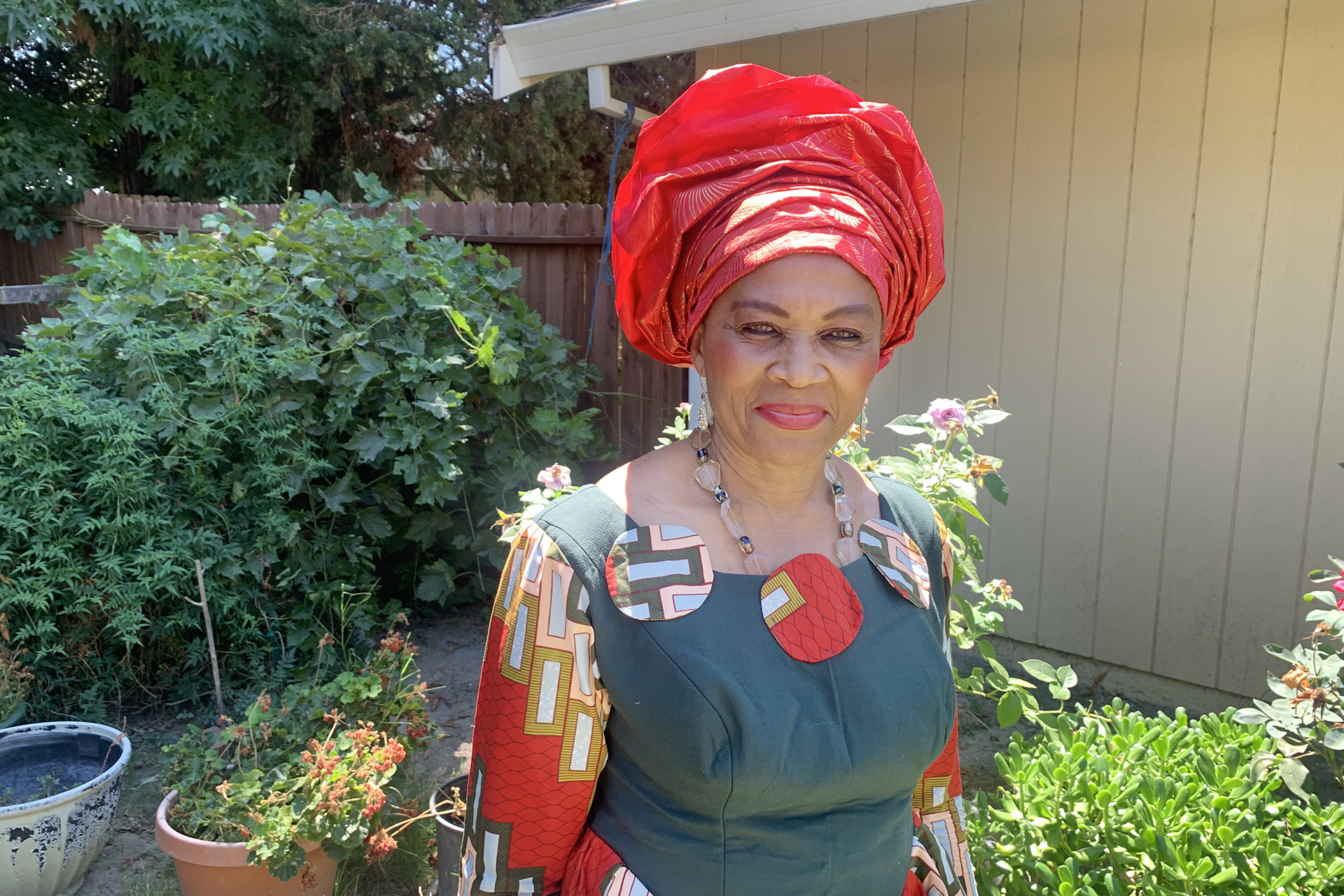
This Post Has One Comment
This is very timely and important for our kids, parents, and professional educators/administrators.
My kids are in Oakland’s public middle schools and my wife and I constantly remark on how the in-school behaviors of classmates tend to disrupt authentic learning and reduce teacher effectiveness and efficiency. The overall culture of cell-phone and social media communication among today’s kids also lends itself to a real lack of expressing basic human decency and compassion– few kids say “HI” and look at you in the face, nor do they have the mindset to express gratitude or positivity.
This requires extra energy and attention from parent/s to ensure their child have optimal growth emotionally, intellectualy. and spiritually, while all are continually forces to readjust schedules due to Covid-19 responses and absences.
I encourage Kaiser to aggressively reach out and engage the administrators and core teachers to promote and utilize this resource in the classroom. and not as a ‘one off’ option.
Thank you for assembling this, and I look forward to seeing this common sense program become common practice!